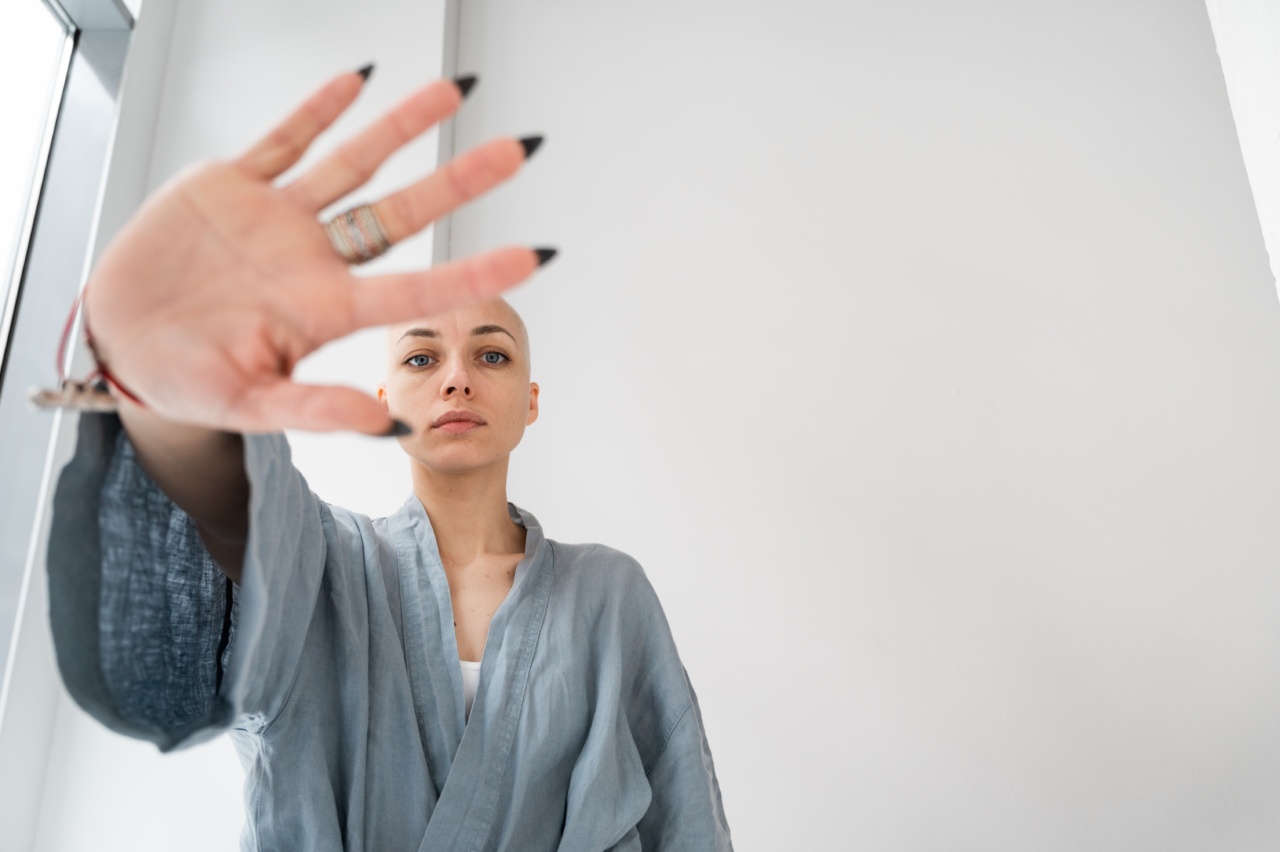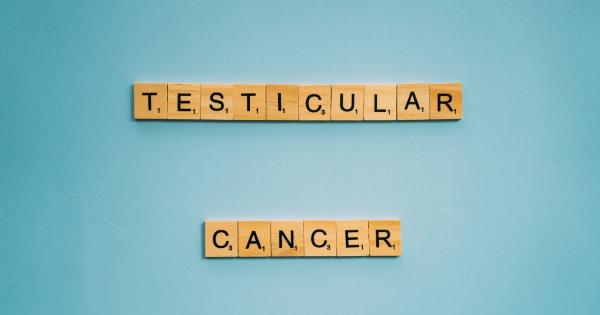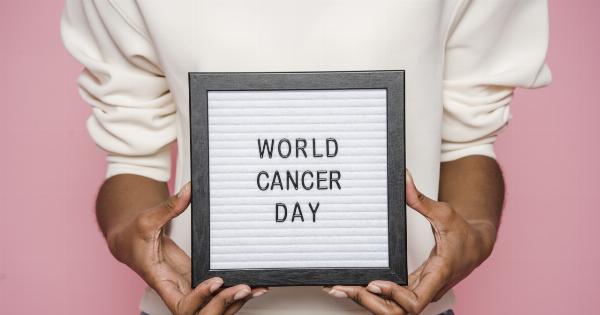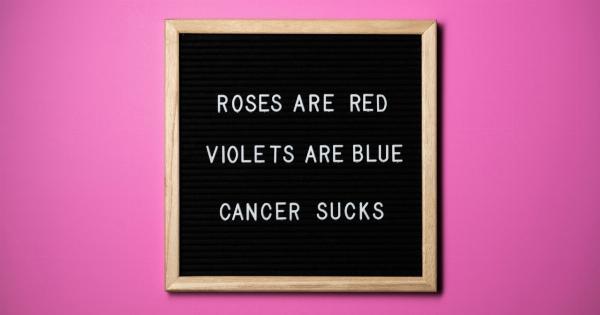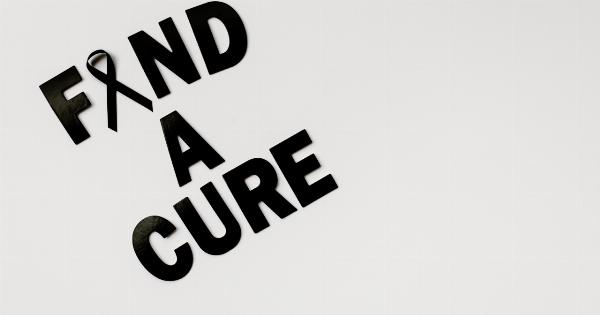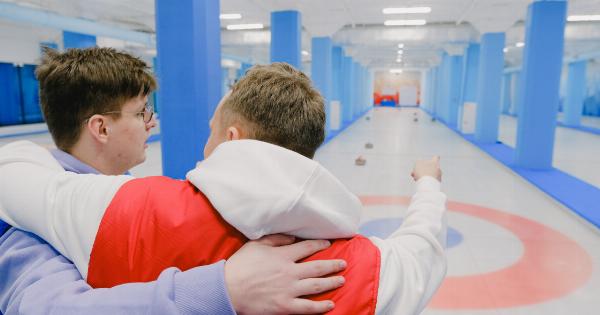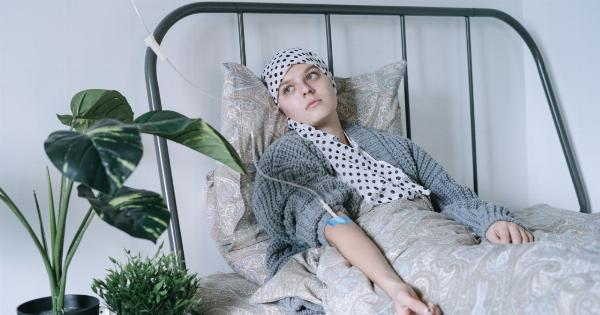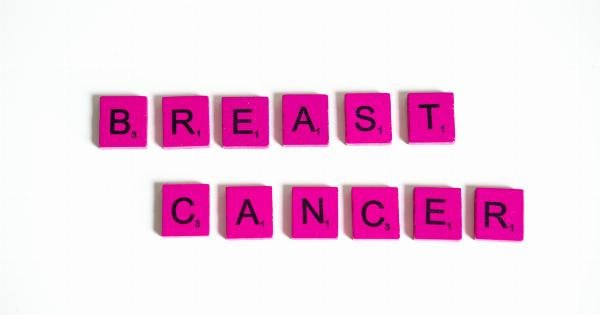There are few health concerns as daunting and terrifying as cancer. With its prevalence and severe consequences, it’s no wonder that many misconceptions and myths have arisen around this disease.
However, it is crucial to separate fact from fiction when it comes to cancer, as misinformation can lead to unnecessary panic, fear, and inappropriate decision-making. In this article, we debunk the most common cancer myths and shed light on the truth.
Myth 1: Cancer is always a death sentence
One of the most prevalent and damaging cancer myths is the belief that a cancer diagnosis inevitably means death.
While cancer can be life-threatening, advances in medical science and early detection have led to improved treatment options and higher survival rates. Many cancers, when caught early, can be effectively treated and cured. It is crucial to remember that every case is unique, and the outcome depends on various factors, including cancer type, stage, and individual health.
Myth 2: Cancer is contagious
Contrary to popular belief, cancer is not contagious. You cannot catch cancer from being in contact with someone who has the disease.
Cancer develops when there are specific changes, known as mutations, in a person’s genes, which can be caused by various factors such as genetics, lifestyle choices, exposure to certain chemicals or radiation, or infections. It is essential to support and provide empathy to those with cancer, as social isolation and stigma can worsen their emotional well-being.
Myth 3: Cancer is caused by cell phones and microwaves
Despite concerns that cell phones and microwaves emit radiation that can cause cancer, numerous scientific studies have failed to establish a direct link between these devices and cancer development.
The type of radiation emitted by cell phones and microwaves, known as non-ionizing radiation, does not possess enough energy to damage DNA and initiate cancer formation. It is always wise, however, to follow safety precautions recommended by manufacturers to minimize exposure to radiation.
Myth 4: Cancer treatment is worse than the disease itself
While cancer treatments such as chemotherapy and radiation therapy can have challenging side effects, it is crucial to understand that they are essential components of fighting the disease.
These treatments have saved countless lives and significantly improved the prognosis for many cancer patients. It is essential to have open and honest conversations with healthcare professionals throughout the treatment journey to manage and mitigate any potential side effects.
Myth 5: Superfoods can cure cancer
The term “superfood” has gained significant attention as an alleged cure for various ailments, including cancer. However, it is important to note that no single food or dietary component can cure cancer on its own.
While a balanced diet rich in fruits, vegetables, whole grains, and lean proteins is generally associated with good health, no specific food or combination of foods has been proven to cure cancer. It is crucial to approach superfoods with a realistic perspective and to focus on overall lifestyle habits rather than relying solely on certain foods.
Myth 6: Cancer only affects older people
While it is true that the risk of developing cancer increases with age, cancer can affect individuals of all ages, including children and young adults. Certain types of cancer, such as pediatric cancers, are more common in young individuals.
It is vital to be aware of potential cancer symptoms, regardless of age, and seek medical advice if any concerns arise.
Myth 7: Alternative therapies can replace conventional cancer treatments
Alternative therapies, such as herbal remedies or certain diets, are often marketed as cancer treatments or preventive measures.
However, it is essential to remember that these therapies have not undergone rigorous scientific testing and are not considered as effective or reliable as conventional cancer treatments. It is crucial to consult with healthcare professionals before pursuing any alternative therapy to ensure it complements, rather than replaces, evidence-based medical interventions.
Myth 8: Only women can get breast cancer
While it is true that breast cancer is more commonly diagnosed in women, men can also develop this disease.
Breast cancer in men is relatively rare, but it is essential for everyone to be aware of potential symptoms and seek medical help if any concerns arise. Early detection and treatment significantly increase the chances of successful outcomes for both men and women.
Myth 9: Cancer is always genetic
While some cancers have a genetic component, not all cases are hereditary. Certain lifestyle factors, such as smoking, unhealthy diet, lack of exercise, and exposure to certain chemicals, can significantly contribute to cancer development.
It is important to lead a healthy lifestyle and undergo regular screenings to detect cancer early, regardless of genetic predisposition.
Myth 10: Being in the sun for a short period cannot cause skin cancer
Exposure to the sun’s ultraviolet (UV) radiation is a major risk factor for skin cancer.
Even short periods of sun exposure without adequate protection can contribute to the accumulation of UV damage, potentially leading to skin cancer development over time. It is crucial to wear sunscreen with a high sun protection factor (SPF), seek shade when the sun is at its strongest, and wear protective clothing to minimize the risk of skin cancer.
